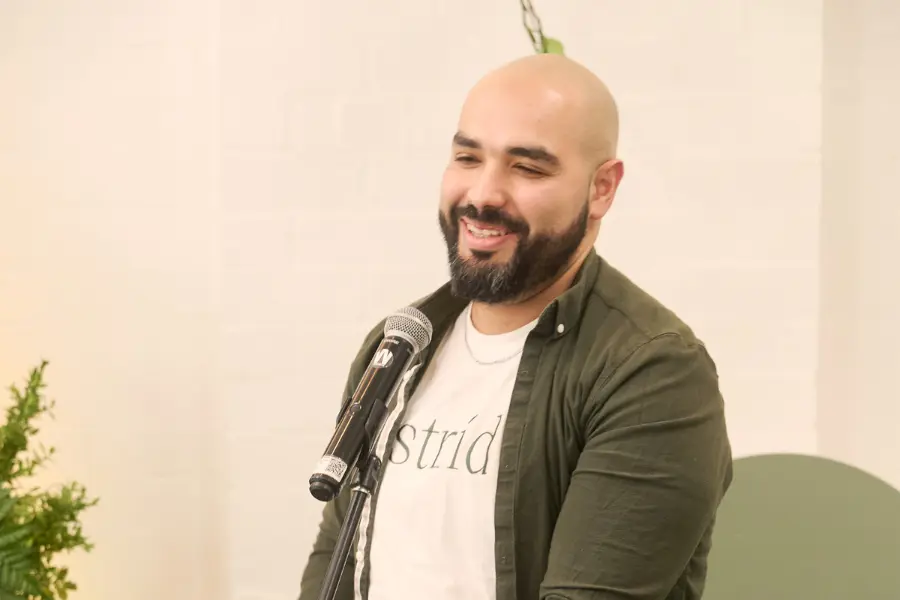The smell of election (amongst other things) is in the air, and as always, voters re-visit the issues that are important to them. As professionals working in the cannabis industry there is always a conversation about whether there is a case to be made for full-scale cannabis decriminalisation and legalisation in Australia and I honestly believe that this is unlikely to happen any time soon.
Some might argue that I am perhaps being a bit pessimistic, and that with loud enough voices we can see real change in the space. While cannabis accessibility has improved, the current medical model is restrictive in a variety of ways, and one may argue, unnecessarily so. For a certain segment of patients who may be more recreationally-inclined (for lack of a better term), the current model has effectively turned many doctors into dealers, and allowed for the creation of vertically integrated cannabis conglomerates who have exploited these restrictive frameworks to lock ‘patients’ into their ecosystems.
This has essentially created a legal cannabis market, that is not ‘medicinal’ in the intended use of the word, with prescriptions instead just becoming the loophole to access cannabis. So it would make sense to dispense with this charade and instead create a more honest and accessible framework for acquiring cannabis outside the evidently flawed so-called medical model.
I get it, and I am all for it. I just do not think the conversation is going anywhere right now and any attempts to raise the above issues with policy makers is likely to fall on deaf ears (as it has time and time again). We might have to put any hope for radical changes on hold simply because the current system, with all its flaws, is perhaps the most politically convenient way of managing cannabis in Australia right now. For people who fought for its legalisation, it is legal with conditions, and as alluded to, easy enough to access. For the more conservative voting block, it is still technically illegal without a prescription and so you have two opposing sides of the issue appeased.
Dumping the management of cannabis onto the Therapeutic Goods Administration and healthcare providers, means the politicians of the two major parties are free to deal with the issues that get them votes (like dropping the price of eggs) and hence why I do not see any time or effort going into the legalisation of cannabis any time soon. Cannabis use in Australia is not as endemic to the culture as it is in the United States and we have to contend with the reality that it is not a big vote-grab issue for the ALP, and obviously not the LNP. (This particular issue is actually a good case-study in highlighting the limitations of our two-party system at getting things done for the betterment of society as a whole, but that’s an opinion for another day).
I bring this up because people often ask us when we think cannabis will be fully legalised and I suppose I am trying to expand on the answer of ‘not any time soon’. There are a number of activists and even dedicated parties who are vocal about this issue, and part of me maybe thinks that given the aforementioned reality of the situation then perhaps our energy could be focused elsewhere?
Instead of advocating for what is being called ‘adult-use’ legalisation, perhaps we invest some time and effort into enhancing the current medicinal model we do have. The amount of products currently on the Australian cannabis market far exceed any logical therapeutic need, so instead of new cannabis companies coming to market every month with fancy exotic strains or different flavoured gummies I would like to see investment in training community GPs about cannabis medicine. There is so much positive feedback from patients after beginning medicinal cannabis, but they are forced to go through separate specialised clinics that do not know them, or are familiar with their history. Instead of patients seeking out medicinal cannabis as an alternative to their current therapies, it would be ideal if their regular physician knew enough about it to prescribe it to them alongside their regular medication. This not only ensures continuity of care, but also means patients will not need to pay extra to see doctors who only prescribe one type of medication.
If medicinal cannabis products get prescribed more regularly as part of doctors’ general practice then we not only safeguard the medical system for the future but also increase accessibility to more patients and reduce the monopolisation of online cannabis services who seem to put profits before patient care (because, to them they are not patients, but customers). Training more doctors and pharmacists in medicinal cannabis ensures that if adult-use legalisation does occur, then we have the healthcare professionals who will maintain a viable medicinal stream for patients who would rather not purchase through an adult-use market. Furthermore, it would help build and establish the infrastructure for non-biased cannabis education that would help inform future regulation. Legalisation now though, would likely see a mass exodus of actual health professionals from the cannabis space and perhaps inadequate care for people who genuinely depend on this medicine for their livelihoods and require the guidance of doctors, pharmacists and nurses.
So again, if you ask me if I am supportive of legalisation, yes I clearly am. However the political reality in Australia right now means this is not going to happen any time soon and I think we need to take this chance to more widely position cannabis medicine as not just an alternative, but a mainstream therapy that can be prescribed and accessed concurrently with patients’ other therapies.
Read Lisa’s opinion piece here.
